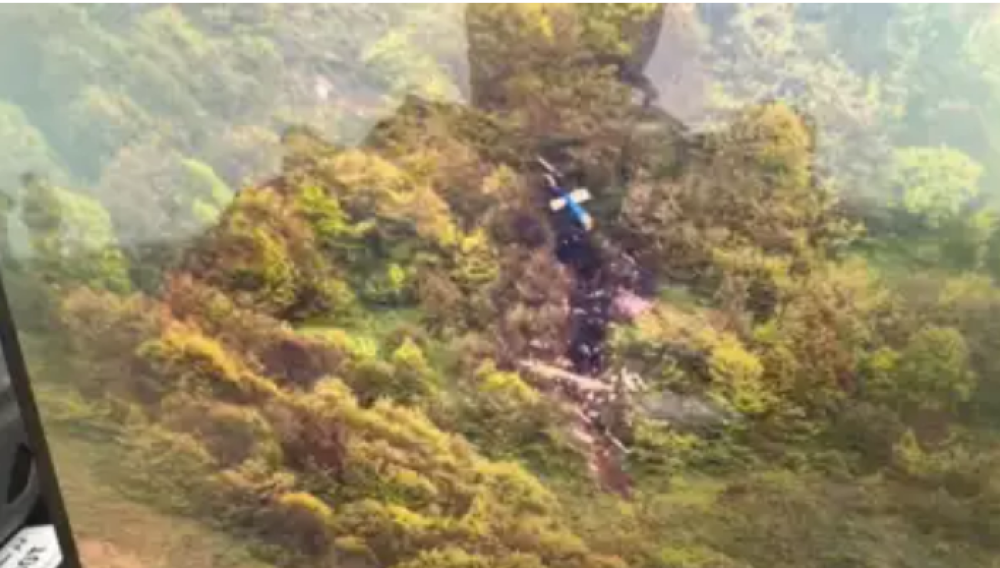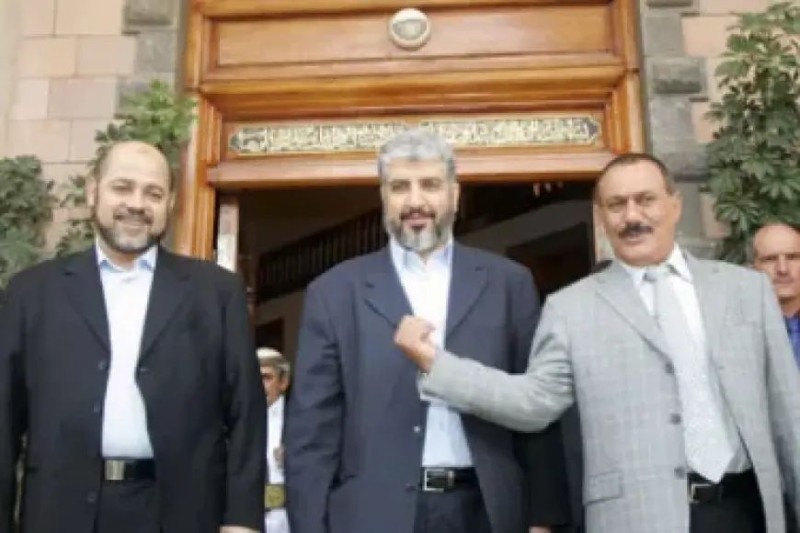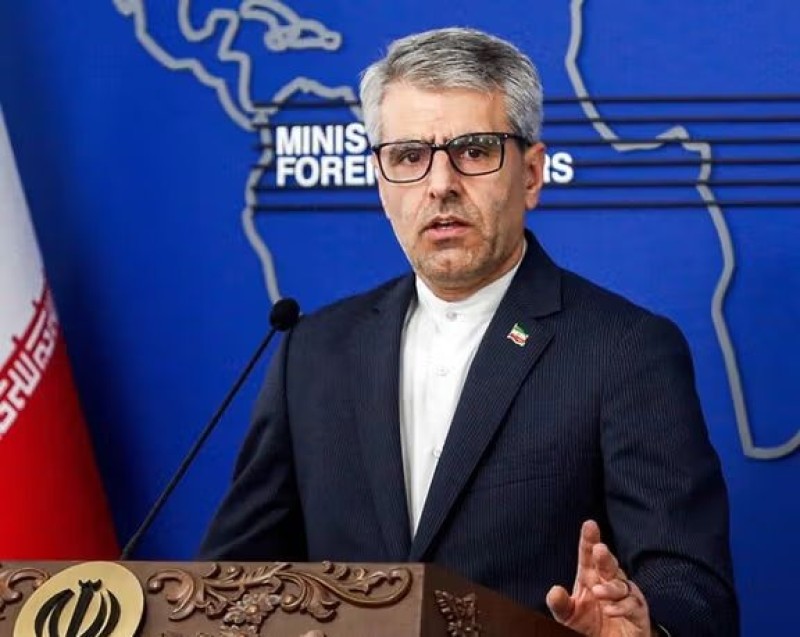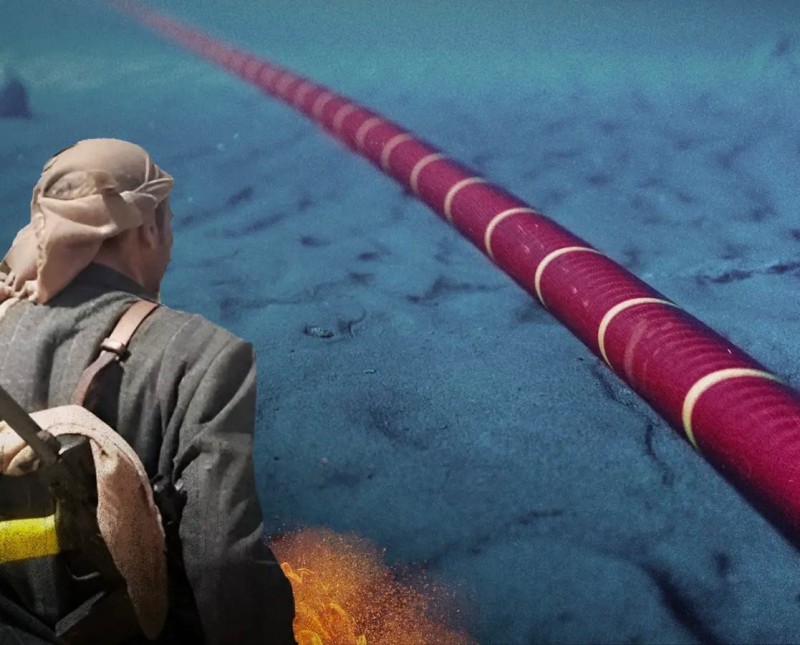Helicopter crash that killed Iran’s president and others could reverberate across the Middle East


The helicopter crash in which Iranian President Ebrahim Raisi, the country’s foreign minister and other officials were killed is likely to reverberate across the Middle East, where Iran’s influence runs wide and deep.
That’s because Iran has spent decades supporting armed groups and militants in Lebanon, Syria, Iraq, Yemen and the Palestinian territories, allowing it to project power and potentially deter attacks from the United States or Israel, the sworn enemies of its 1979 Islamic Revolution.
Tensions have never been higher than they were last month, when Iran under Raisi and Supreme Leader Ayatollah Ali Khamenei launched hundreds of drones and ballistic missiles at Israel in response to an airstrike on an Iranian Consulate in Syria that killed two Iranian generals and five officers.
Israel, with the help of the United States, Britain, Jordan and others, intercepted nearly all the projectiles. In response, Israel apparently launched its own strike against an air defense radar system in the Iranian city of Isfahan, causing no casualties but sending an unmistakable message.
The sides have waged a shadow war of covert operations and cyberattacks for years, but the exchange of fire in April was their first direct military confrontation.
The ongoing war between Israel and Hamas has drawn in other Iranian allies, with each attack and counterattack threatening to set off a wider war.
It’s a combustible mix that could be ignited by unexpected events, such as Sunday’s deadly crash.

Sana’a – A leaked phone call between former Yemeni President Ali Abdullah Saleh and Hamas leader abroad Khaled Meshaal has revealed sha…

Tehran — Iranian Foreign Ministry spokesman Ismail Baghaei has voiced concern over the latest developments unfolding in Yemen, particularly i…

A new media report has revealed that Google is embarking on a major subsea cable initiative, dubbed Blue Raman, in a strategic move to establish a…